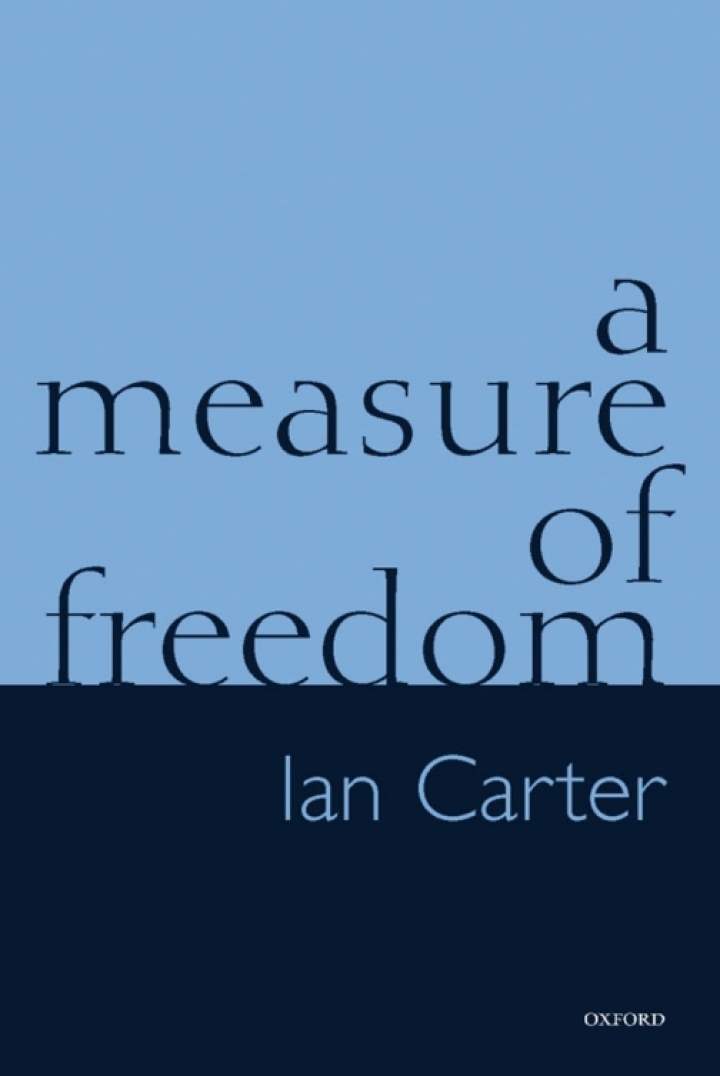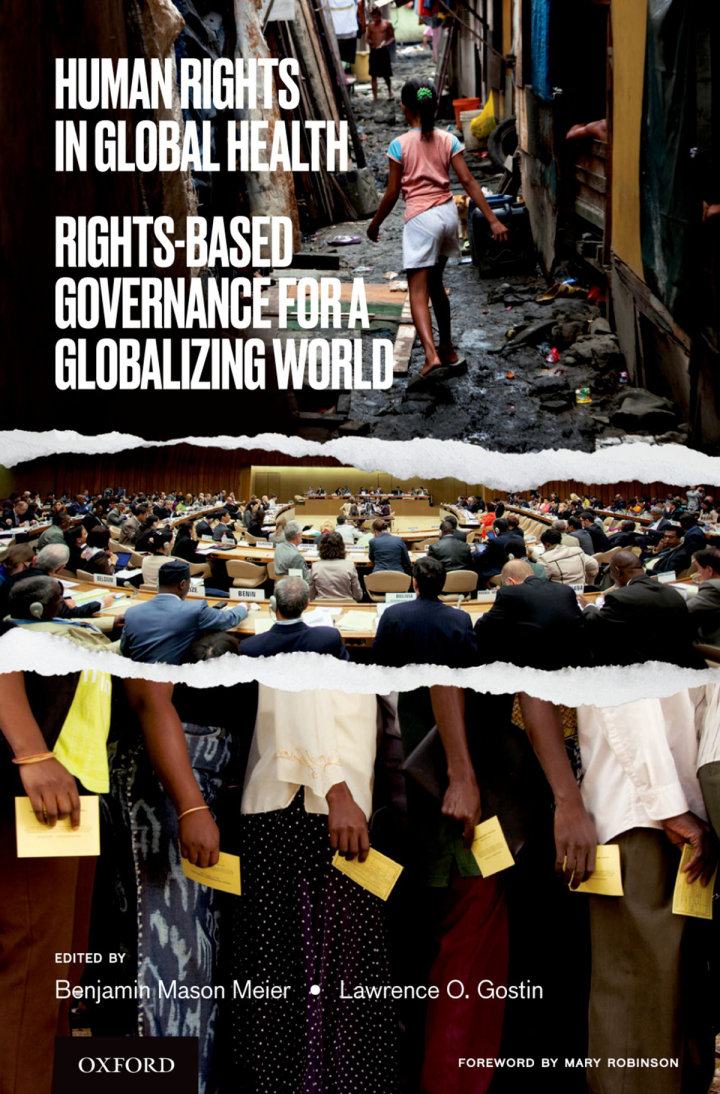Human Rights in Global Health 1st Edition Rights-Based Governance for a Globalizing World
$21.12
Attention: This is just ebook, Access Codes or any other Supplements excluded! / File Delivery: Sent Via Email within 24 hours!
SKU: ec7714fb2956
Category: Law Textbooks
Description
-
Author(s)Benjamin Mason Meier; Lawrence O. Gostin
-
PublisherOxford University Press
-
FormatPDF
-
Print ISBN
9780190672683, 0190672684 -
eText ISBN
9780190672683, 0190672684 -
Edition1st
-
Copyright
- Details
Institutions matter for the advancement of human rights in global health. Given the dramatic development of human rights under international law and the parallel proliferation of global institutions for public health, there arises an imperative to understand the implementation of human rights through global health governance. This volume examines the evolving relationship between human rights, global governance, and public health, studying an expansive set of health challenges through a multi-sectoral array of global organizations. To analyze the structural determinants of rights-based governance, the organizations in this volume include those international bureaucracies that implement human rights in ways that influence public health in a globalizing world. This volume brings together leading health and human rights scholars and practitioners from academia, non-governmental organizations, and the United Nations system. They explore the foundations of human rights as a normative framework for global health governance, the mandate of the World Health Organization to pursue a human rights-based approach to health, the role of inter-governmental organizations across a range of health-related human rights, the influence of rights-based economic governance on public health, and the focus on global health among institutions of human rights governance. Contributing chapters each map the distinct human rights efforts within a specific institution of global governance for health. Through the comparative institutional analysis in this volume, the contributing authors examine institutional dynamics to operationalize human rights in organizational policies, programs, and practices and assess institutional factors that facilitate or inhibit human rights mainstreaming for global health advancement.






